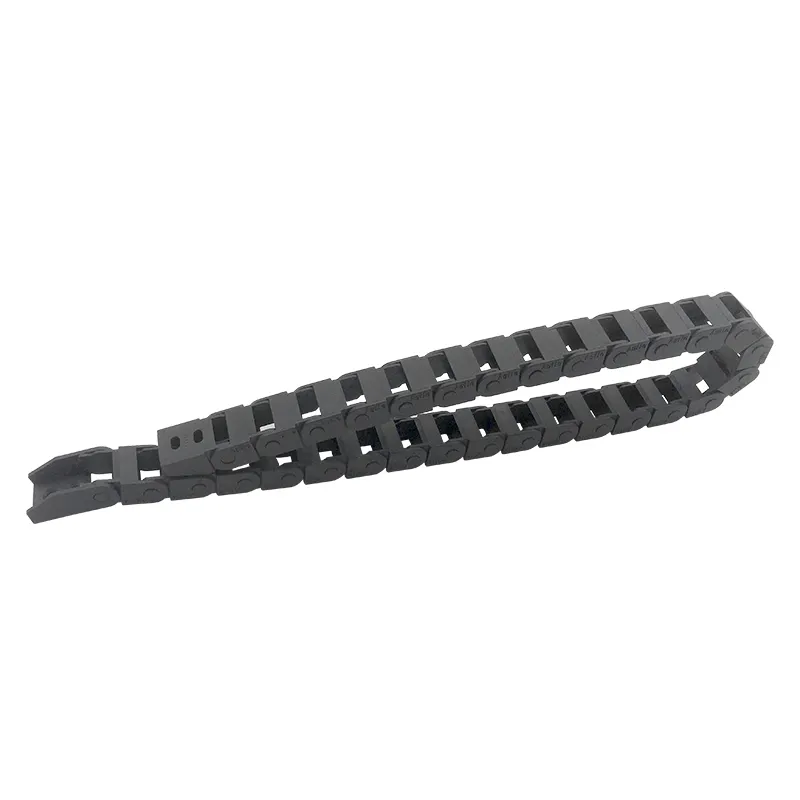machine tool chip conveyor
Machine Tool Chip Conveyor The Backbone of Efficient Manufacturing
In the ever-evolving landscape of manufacturing, the role of machinery cannot be overstated. Among the myriad components that contribute to production efficiency, the machine tool chip conveyor stands out as a pivotal element. This device is essential for managing the waste generated during machining processes, ensuring seamless operations and optimal productivity.
To understand the importance of a chip conveyor, it is essential to consider the nature of machine tools. These machines, whether they are lathes, milling machines, or grinders, produce chips—small metal shavings and debris—as they cut and shape material. While these chips are a byproduct of the manufacturing process, they can quickly accumulate, leading to several potential issues. Excessive chip buildup can obstruct machinery, impair operator safety, and detract from the overall efficiency of production lines. This is where chip conveyors come into play.
Chip conveyors are designed to automatically collect and transport metal chips away from the machine tool. They come in various designs and configurations, including belt conveyors, paddle conveyors, and auger-style systems. The choice of conveyor type often depends on the specific needs of the manufacturing environment, such as the type of material being processed and the volume of chips being generated.
One of the primary benefits of using a machine tool chip conveyor is the enhancement of workplace safety. By effectively removing chips from the work area, these systems reduce the risk of slips, trips, and falls—common hazards in manufacturing settings. Additionally, they minimize the potential for machinery damage caused by chip accumulation, ensuring that equipment operates at peak efficiency and reducing unplanned downtime.
machine tool chip conveyor

Another significant advantage of chip conveyors is their contribution to maintenance and operational costs. Regularly clearing chips manually can be labor-intensive and time-consuming, diverting workers from higher-value tasks. Automated chip conveyors streamline this process, allowing for continuous operation and maintaining the workflow. This not only saves time but also allows companies to allocate human resources more effectively, enhancing overall productivity.
Furthermore, the use of chip conveyors can have a positive impact on the environment. By efficiently collecting and transporting metal chips, manufacturers can recycle scrap metal more easily, reducing waste and promoting sustainability. This is particularly pertinent in today's manufacturing landscape, where companies are increasingly focused on minimizing their environmental footprint.
The integration of chip conveyors into modern manufacturing systems also facilitates the adoption of advanced technologies like Industry 4.0. Smart chip conveyors equipped with sensors can provide real-time data on chip volume and type, enabling manufacturers to optimize their processes further. Such insights can lead to improved machine performance and better quality control, ultimately resulting in higher quality products.
In conclusion, machine tool chip conveyors are indispensable tools in the manufacturing industry, enhancing efficiency, safety, and sustainability. By automating the management of metal chips, these systems not only facilitate smoother operations but also allow manufacturers to focus on innovation and quality. As the world of manufacturing continues to advance, the importance of effective chip management cannot be underestimated. Implementing a reliable chip conveyor system is a step towards achieving operational excellence in today's competitive market.








